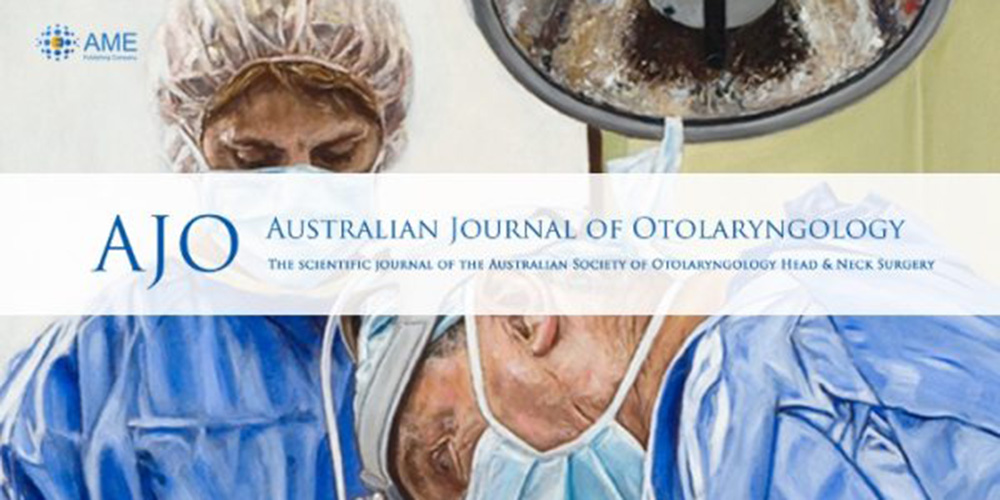
News
Nasodine in vitro and pilot human COVID-19 studies published
The results of in vitro studies of Nasodine® Nasal Spray (povidone-iodine 0.5%) against SARSCoV-2, and a pilot human study in a small number of COVID-19 subjects, have been published in the Australian Journal of Otolaryngology (AJO).
The paper titled: “In vivo (human) and in vitro inactivation of SARS-CoV-2 with 0.5% povidone-iodine nasal spray,” can be viewed at: https://www.theajo.com/article/view/4466/html
A summary of the results was previously reported in the Company’s prospectus (section 2.4.2) and details now published in a peer-reviewed journal.
The in vitro experiments showed a 15-second exposure to Nasodine Nasal Spray (Nasodine) reduced infectivity of SARS-CoV-2 by 99.97%, while a 60-second exposure completely eliminated viral infectivity.
The subsequent in vivo pilot study of six COVID-19 patients who were shedding the virus from the nose, showed that a single Nasodine dose (4 sprays per nostril) reduced viral shedding in 5 of the 6 subjects (83%) at 5 minutes after the dose, with an overall 79% reduction in viral shedding at one hour after the dose.
The lead author of the paper was Professor Peter Friedland, the Chief Medical Officer for Firebrick and an Ear Nose & Throat (ENT) surgeon-scientist at Sir Charles Gairdner Hospital in Perth.
“The in vitro and pilot study results are encouraging and in 2022 we expect to conduct a double-blinded, randomised, Phase 2 trial to assess if repeated doses of Nasodine over several days can suppress or eliminate viral shedding from COVID patients,” said Professor Friedland.
Firebrick Executive Chairman, Dr Peter Molloy noted: “Our focus remains on the approval of Nasodine as a treatment for the common cold. However, in parallel, we will continue to research its potential future utility in other indications, including COVID-19.”

